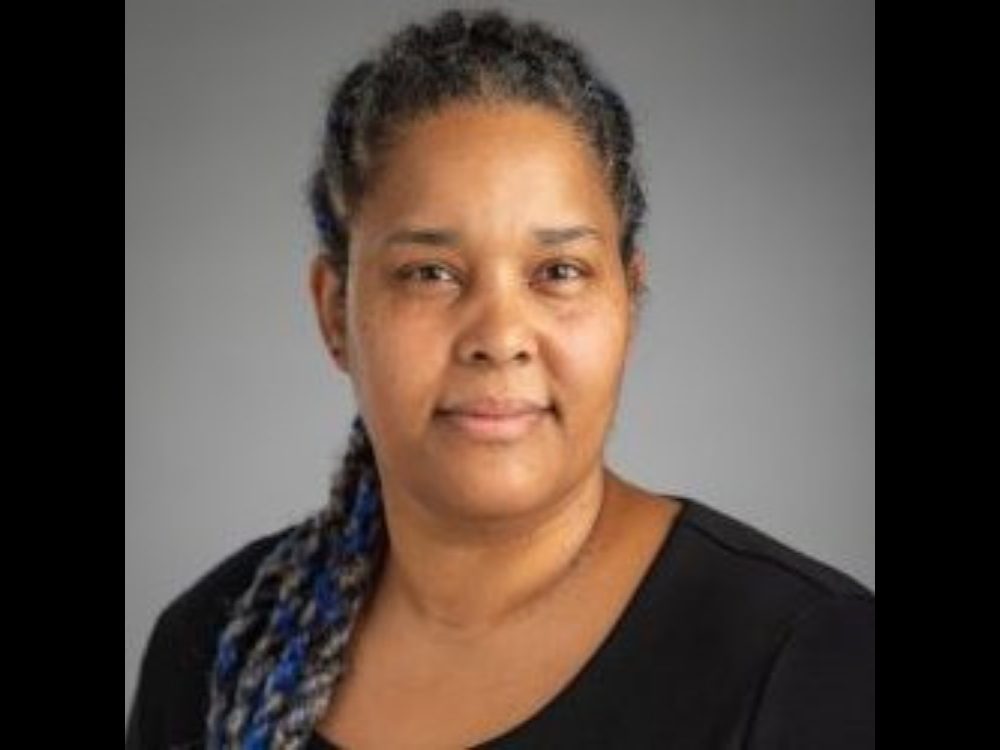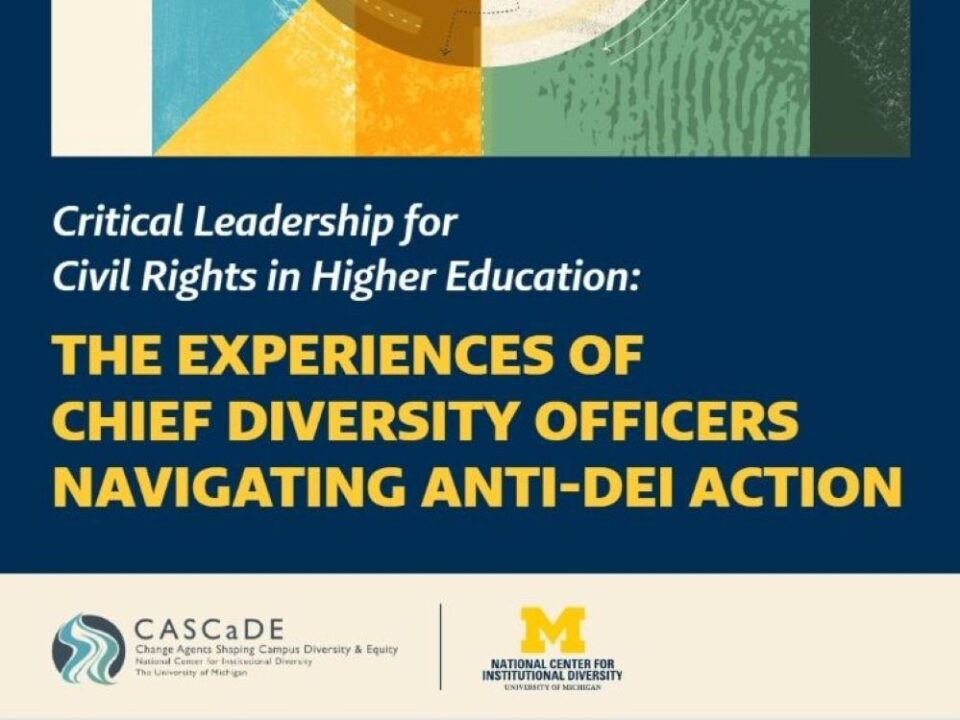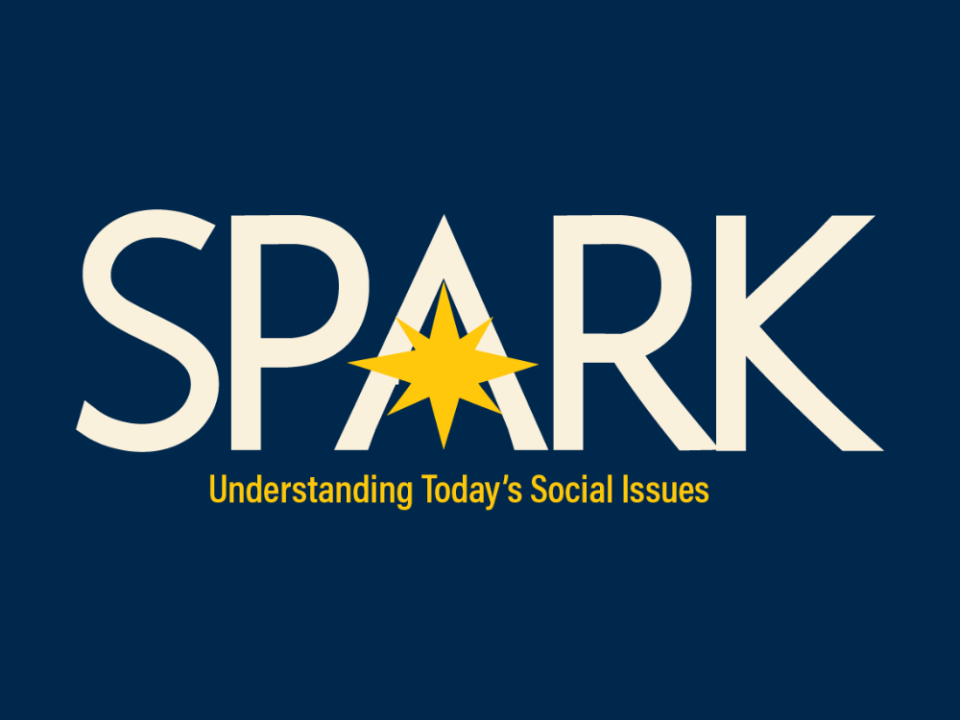- About
- News
- Events
- Initiatives
- Anti-Racism Collaborative
- Change Agents Shaping Campus Diversity and Equity (CASCaDE)
- Diversity Scholars Network
- Inclusive History Project
- James S. Jackson Distinguished Career Award for Diversity Scholarship
- LSA Collegiate Fellowship Program
- University Diversity & Social Transformation Professorship
- Publications & Resources
- About
- News
- Events
- Initiatives
- Anti-Racism Collaborative
- Change Agents Shaping Campus Diversity and Equity (CASCaDE)
- Diversity Scholars Network
- Inclusive History Project
- James S. Jackson Distinguished Career Award for Diversity Scholarship
- LSA Collegiate Fellowship Program
- University Diversity & Social Transformation Professorship
- Publications & Resources

OVPR, NCID award eight grants to advance anti-racism research, scholarship
September 22, 2021‘Latino Youth & Families’ Think-Act Tank featured in Diverse Issues in Higher Education
September 27, 2021Dotson named University Diversity and Social Transformation Professor
Kristie Dotson, professor of philosophy and Afroamerican and African studies in LSA, has been appointed a University Diversity and Social Transformation Professor.
University Diversity and Social Transformation Professorships recognize and reward faculty for outstanding contributions to excellence through their commitments to promoting diversity, equity and inclusion.
The Board of Regents approved her appointment Sept. 23.

“Dotson is an outstanding scholar with exceptional contributions to diversity, equity and inclusion through her research, teaching and service,” said Susan M. Collins, provost and executive vice president for academic affairs.
“Her commitment to inclusivity is reflected not only in her teaching, which encourages students to work together in the cause of knowledge production, but also in her considerable community service, which involves advocacy for incorporation of women of color on social and racial justice agendas. We are pleased to recognize her multifaceted contributions by naming her a University Diversity and Social Transformation Professor.”
Dotson will maintain the appointment for five years. She also will receive special faculty fellow status at the National Center for Institutional Diversity and will spend at least one semester as a faculty fellow-in-residence.
“The University Diversity and Social Transformation Professors are exceptionally accomplished senior scholars who, throughout their careers as faculty, have made significant contributions to knowledge innovation and production,” said NCID Director Tabbye Chavous, professor of psychology and education. “They are also leaders and innovators who are transforming their fields, communities and the campus through their contributions to diversity, equity and inclusion.”
Lilia M. Cortina, Trachette L. Jackson, Hitomi Tonomura and Herbert G. Winful were named UDSTP professors earlier this year.
Dotson’s research is focused in the areas of feminist philosophy and epistemology. Her scholarship has prompted a reconsideration of the racial and sexist biases that undergird philosophy as an intellectual field, and generated a conceptual tool-kit for combatting overt and insidious racisms and forms of “othering.”
Dotson teaches complex philosophical concepts to diverse students through DEI-informed, inclusive methods that allow students to see how “epistemic exclusions” are created, perpetuated, and can be combated through intellectual work and collective praxis, above all, in relation to communities that have endured oppression and violence.
Originally published in The University Record.




